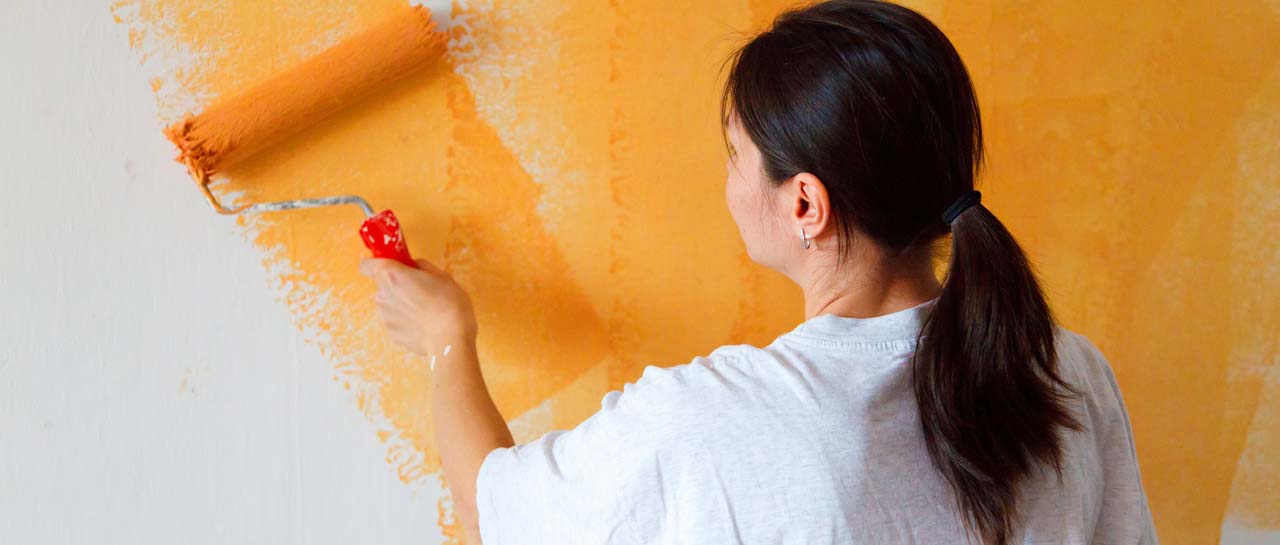Shoulder pain is a symptom rather than a condition itself. There are many different causes of shoulder pain including injury, degeneration of structures in and around the shoulder joint due to age or repetitive or sustained movements and postures, and referred pain for other areas such as the neck and upper back. Many simpler causes of shoulder pain can resolve with the simple exercises and advice outlined in this section, but if your symptoms worsen or fail to improve using the resources here, it is important to seek an assessment by a physiotherapist, which is often possible at your GP surgery.
Versus arthritis provides information on shoulder pain, and what exercises can help manage it.
Pain in this location is commonly referred from the upper spine: Try looking at our neck and upper back section of the specific conditions page.
These exercises are designed for those who have already been diagnosed with a large rotator cuff tear and advised that surgery is unlikely to be of benefit. If you have developed a sudden marked weakness in your shoulder or arm, you should seek an assessment as soon as possible at your GP surgery (preferably with a physiotherapist) who will be able to assess and advise whether you require further investigations or scans.


